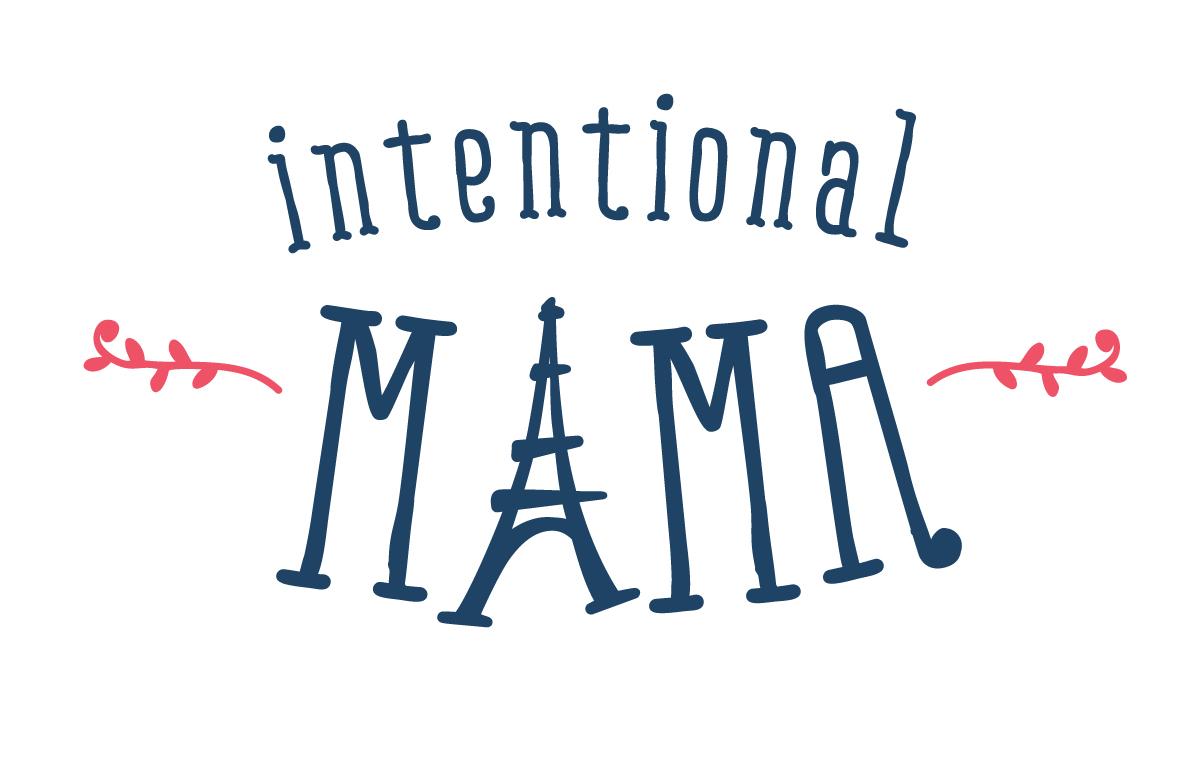Why I'm Not Teaching my Preschooler to Read (Yet)
I am a bibliophile and we treasure books in our home. I am also very driven and goal-oriented. Yet when I'm asked about our homeschool curriculum, I have only simple activities to list rather than workbooks or academic agendas: We read a lot of books together. We go to library storytimes weekly and play outside daily. We paint and listen to music. After all, my oldest child is only preschool-age. Preschool is heavily promoted in Western culture, but I've been influenced by David Elkind, Maryanne Wolf, and other scholars who claim that emphasizing academics at the preschool level can bring intellectual advancement but sometimes at the expense of appropriate brain development or emotional health. So our preschool approach is low-key but steady, aiming for a balance of helpful pre-reading experiences and familiar home routines. Here are the main reasons why I don't specifically try to teach my four-year-old daughter to read:
- In the early childhood years, meaningful interactions with attentive adults provide key foundations for literacy. In other words, talking together, listening to stories and retelling events are far more appropriate activities for early childhood than harping on letter recognition and associated sounds. If you're feeling pressured to teach letters, phonics, and counting in the early years, keep in mind that the world's most literate countries (such as Finland) don't start formal academic teaching until age seven or so.
- I want to heighten my child's love for learning rather than educating her to tears. Pushing phonemics & other reading skills too early can result in a child with academic knowledge but little interest in school. I've had several friends tell me that their children were bored and unhappy in kindergarten (and beyond) because they were already familiar with much of the content. It's sad to see the joy and enthusiasm of the early years whittled into long days of apathy.
- I want to respect the timetable of cognitive and physical development. All children have their own developmental schedule. They need varying amounts of time to develop their language skills, to learn the elements of a good story, and to understand the role that written language plays in society. Pushing academic skills too early means that children may lack the foundation necessary to comprehend the meaning and purpose of what they are learning. Researcher Maryanne Wolf says in her book Proust and the Squid that pushing young children to read too early can develop neural pathways that eventually hinder reading efforts as children grow into adulthood. I'm curious to know more about the science behind this belief, but in the meantime, we're taking the laid-back route to reading.
So let me reiterate: we love books and we read together all the time. My daughter also spends fairly long periods of time looking at books on her own. We occasionally talk about the letters she notices, and we sound out words that she wants me to identify. But the simple workbook (designed for four-year-olds) that I purchased for her to practice letter sounds and writing mostly sits untouched. Sometimes she enjoys completing a few pages of the letter-learning activities, but more often she rejects my occasional suggestion to work on it together. "It's too hard for me," she'll declare. And I accept this statement. Most likely, she'll learn to read within a few years. Until then, we're enjoying the casual route to reading along with other ways of learning.
How do you view the academic push that begins in early childhood? If you have a child who has already learned to read, what was that process like? If you're a teacher, what do you believe is important for the preschool years?


